ICC issues arrest warrants for Netanyahu and Gallant over Gaza conflict
- Update Time : Sunday, November 24, 2024
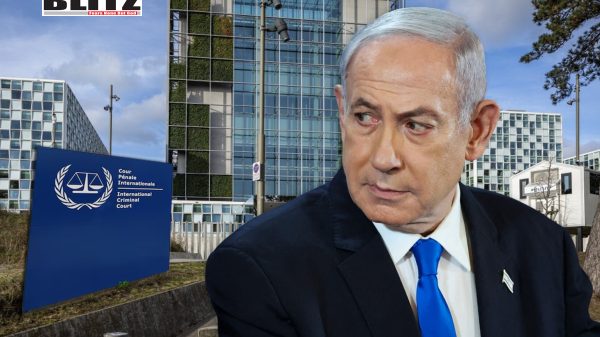
The International Criminal Court (ICC) issued arrest warrants on November 21 for Israeli Prime Minister Benjamin Netanyahu, former Defense Minister Yoav Gallant, and Hamas military leader Mohammed Deif, citing alleged war crimes and crimes against humanity linked to the ongoing Gaza conflict. This unprecedented move by the Hague-based court has sent shockwaves through international politics, sparking mixed reactions among Western states and strong condemnation from Israel.
The ICC accuses Netanyahu and Gallant of employing starvation as a method of warfare by intentionally depriving Gaza’s civilian population of essential supplies, including food, water, and medicine. Prosecutors allege there was no military necessity for such actions, arguing they constitute violations of international law. Mohammed Deif, a key Hamas commander, is charged with orchestrating mass murder, torture, and hostage-taking during Hamas’s October 7 attacks on Israel.
The warrants are part of a broader ICC investigation that encompasses alleged crimes by both Israeli authorities and Hamas. This inquiry gained momentum following Israel’s military response to the October 7 assault, in which approximately 1,200 Israelis were killed and 250 were taken hostage. The Gaza health ministry reports that over 44,000 Palestinians have since been killed, with 1.9 million displaced. While Israel claims it targeted Deif in an earlier airstrike, Hamas has not confirmed his death.
The ICC’s decision has deeply divided the international community. Several Western nations, including the Netherlands, Switzerland, Ireland, Italy, Sweden, Belgium, and Norway, have pledged to fulfill their obligations under the Rome Statute, which requires them to act on ICC arrest warrants. Dutch Foreign Minister Caspar Veldkampassured his parliament that authorities would comply with the court’s directives, emphasizing a commitment to international law. Sweden and Norway also reaffirmed their adherence to the treaty.
However, some officials have expressed discomfort with the ICC’s actions. Italian Defense Minister Guido Crosetto criticized the court for equating Israeli leaders with Hamas, calling the decision a “mistake.” Austria’s Foreign Minister Alexander Schallenberg described the warrant as “utterly incomprehensible,” though his government signaled it would abide by the ICC’s ruling.
In contrast, France’s Foreign Ministry adopted a more cautious stance. Spokesman Christophe Lemoine acknowledged the legal complexities of the case while stopping short of committing to arresting Netanyahu or Gallant. France’s nuanced response reflects the broader tension between supporting international law and maintaining political alliances.
Hungary openly rejected the ICC’s decision, with Prime Minister Viktor Orban inviting Netanyahu to visit Hungary and denouncing the court’s move as unjust. Meanwhile, US Republican lawmakers have threatened sanctions against the ICC, calling the warrants an overreach. Incoming Senate Majority Leader John Thune stated that Congress might impose punitive measures unless the court reverses its decision.
Unsurprisingly, the ICC’s actions have provoked a fierce backlash from Israeli leaders. President Isaac Herzog called the warrants “outrageous,” accusing the court of siding with terrorists and undermining justice. “The ICC has chosen terror and evil over democracy and freedom,” Herzog wrote on X (formerly Twitter), criticizing the court’s perceived bias against Israel.
National Security Minister Itamar Ben Gvir labeled the ICC “anti-Semitic,” advocating for expanded Israeli sovereignty over the West Bank and the cessation of ties with Palestinian authorities as a response. Settlements and National Projects Minister Orit Strock compared the ICC to the biblical court of Sodom, urging nations to withdraw from the institution. Speaker of the Israeli Parliament Amir Ohana accused the court of politicizing its mandate and delegitimizing Israel’s right to defend itself.
The rhetoric from Israeli officials reflects deep-seated frustrations over what they see as a double standard in international law. Netanyahu and Gallant argue that their military actions were necessary to counter Hamas’s aggression and protect Israeli citizens.
The ICC’s decision has highlighted fault lines among Western nations regarding accountability for alleged war crimes. While some countries emphasize adherence to international law, others prioritize their political and strategic alliances with Israel.
The Netherlands has taken a particularly proactive stance. Alongside committing to act on the warrants, Dutch officials have sought to reduce non-essential contact with Netanyahu and Gallant. This comes amid heightened tensions in the country, including recent rioting between Israeli soccer fans and pro-Palestinian locals in Amsterdam.
At the same time, figures like Geert Wilders, leader of the Dutch Party for Freedom, criticized the ICC’s actions, arguing that Israel deserves solidarity rather than condemnation. Wilders’s remarks reflect the broader debate within Europe over balancing legal obligations with political realities.
In Washington, the ICC warrants have further strained US-Israel relations. The Biden administration has not officially commented on the decision, but leading Republicans have come to Israel’s defense. Senator Susan Collins pledged to push for sanctions against the ICC, while other lawmakers criticized the court’s focus on Israel instead of Hamas.
The warrants also underscore the challenges facing the ICC as it navigates complex geopolitical conflicts. Last year, the court issued arrest warrants for Russian President Vladimir Putin and Maria Lvova-Belova over alleged war crimes in Ukraine. Both cases demonstrate the ICC’s willingness to target powerful leaders, but they also expose the court to accusations of bias and political interference.
The ICC’s move could have significant consequences for the Gaza conflict and international diplomacy. If enforced, the warrants could severely limit Netanyahu and Gallant’s international travel, complicating Israel’s efforts to maintain alliances and advocate for its position on the global stage. However, enforcement remains uncertain, given that Israel is not a party to the Rome Statute.
The decision has also reignited debates over the effectiveness and impartiality of international justice. Critics argue that the ICC disproportionately targets leaders from non-Western or small states while failing to hold major powers accountable. The controversy surrounding Netanyahu’s warrant exemplifies the difficulties of balancing legal accountability with political considerations.
The ICC’s arrest warrants for Netanyahu, Gallant, and Deif mark a pivotal moment in the Gaza conflict and international law. While the move underscores the court’s commitment to addressing alleged war crimes, it has also deepened divisions within the global community. As Western nations grapple with their obligations under the Rome Statute, the warrants raise pressing questions about the future of international justice and the role of the ICC in conflict resolution.
Whether the ICC’s actions will lead to meaningful accountability or further polarization remains to be seen, but the decision has already reshaped the discourse on Israel, Palestine, and the broader struggle for justice in wartime.


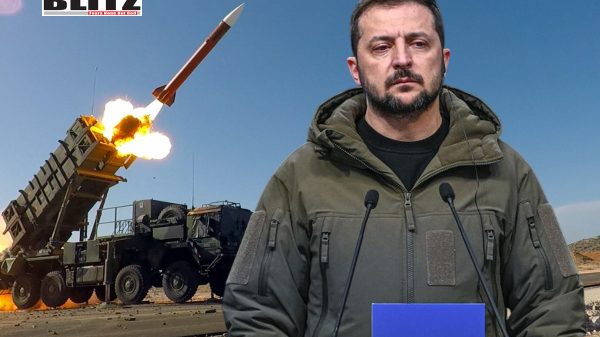
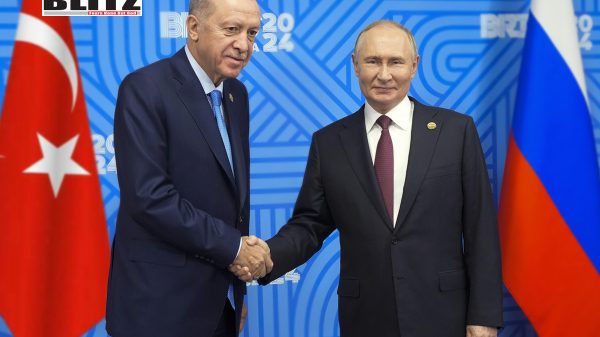
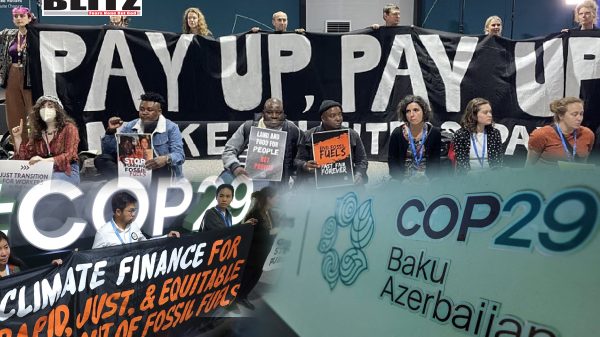
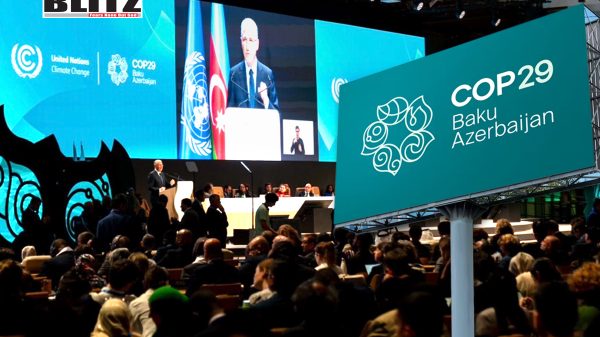
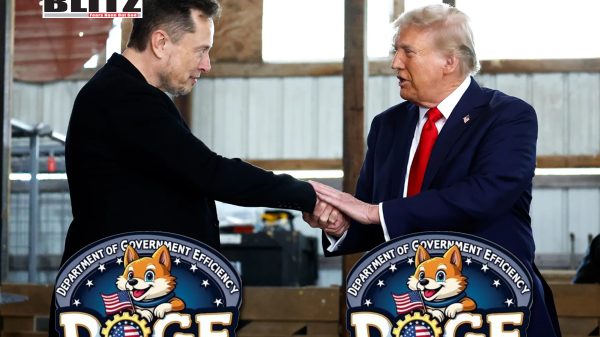
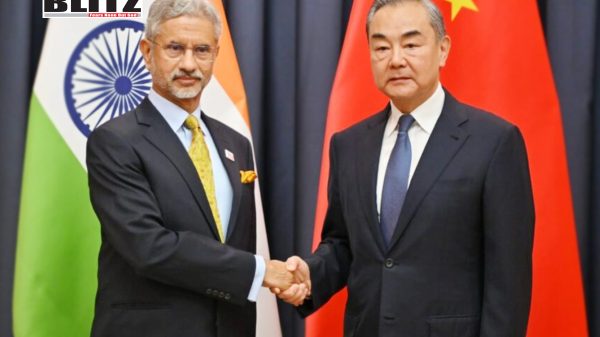
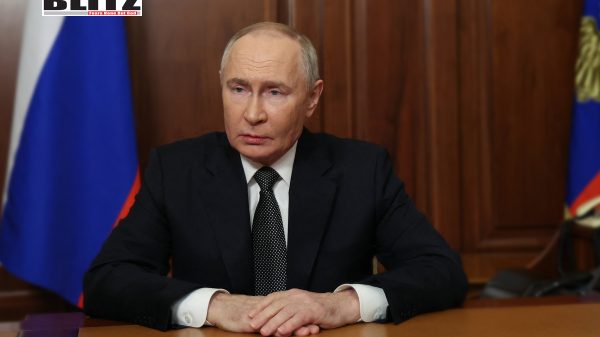
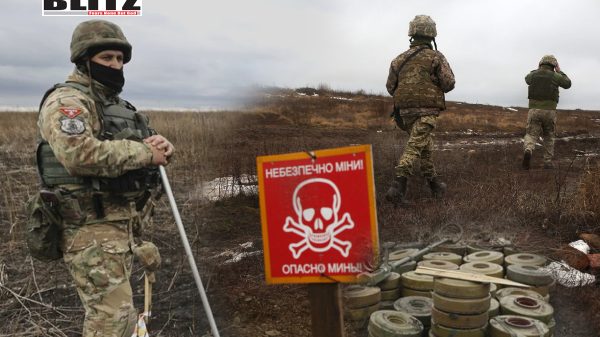
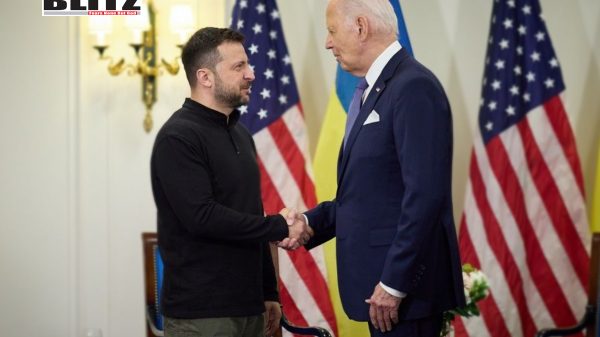
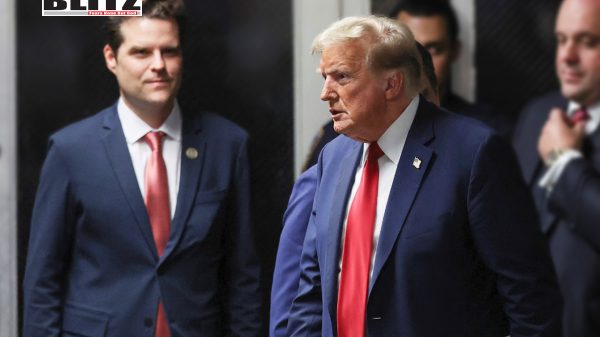

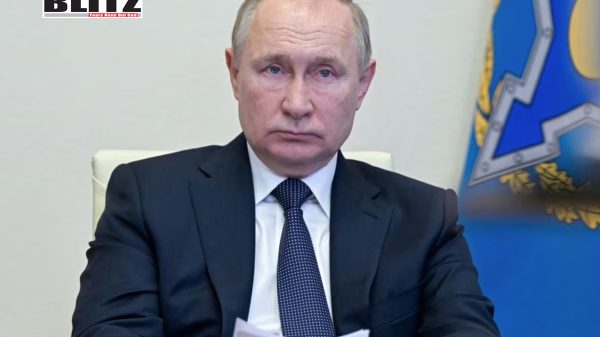

Leave a Reply